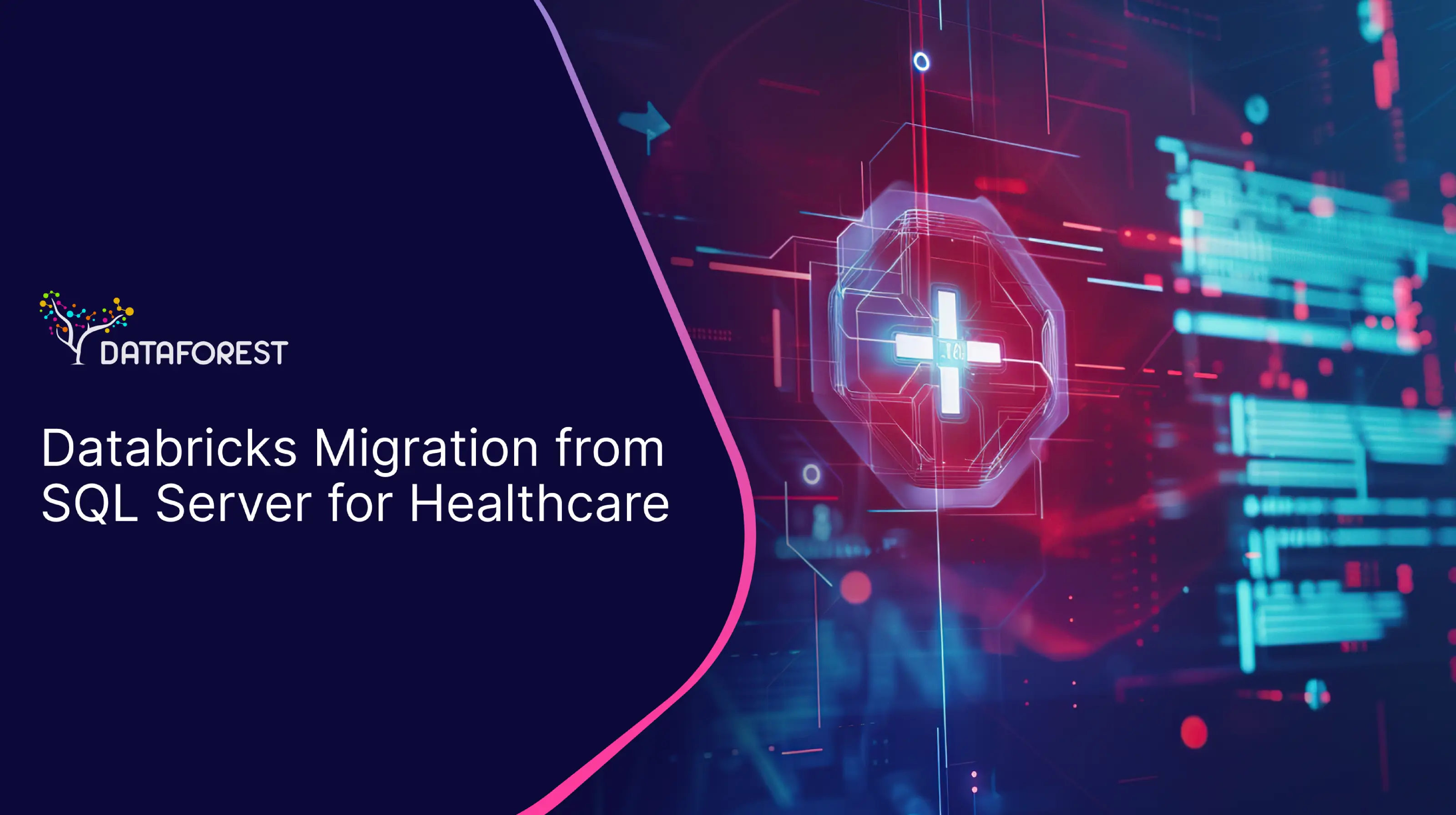Share
Table of contents:
In the context of data science, software engineering, and digital technology, transformation refers to the comprehensive process of converting data, applications, or systems from one format, structure, or state to another. This process is essential for improving functionality, enhancing performance, and adapting to evolving technological landscapes. Transformation can occur at various levels, including data transformation, process transformation, and organizational transformation, each serving specific purposes in the broader context of digital operations and strategic development.
Foundational Aspects
At its core, transformation involves the manipulation and reorganization of information or systems to facilitate better utilization and to meet specific business or operational objectives. It encompasses a wide range of techniques and methodologies, often relying on data processing, algorithmic adjustments, and strategic planning to achieve desired outcomes.
Data transformation is particularly critical in the realm of data science and analytics, where raw data must be cleansed, formatted, and aggregated before it can be analyzed. This can involve processes such as normalization, aggregation, filtering, and enrichment, ensuring that data is suitable for accurate analysis and decision-making.
Main Attributes
Transformation is characterized by several key attributes that define its application and implications:
- Data Format Change: One of the primary types of transformation is altering the format of data. This may involve converting structured data (like databases) into unstructured formats (like text documents) or vice versa. For example, transforming CSV data into a more usable JSON format for web applications.
- Aggregation: Data transformation often involves aggregating multiple data points to create a summarized dataset. This is commonly used in reporting and analytics, where detailed transaction data might be aggregated into monthly sales figures.
- Normalization and Standardization: These processes ensure that data adheres to a consistent scale or format. Normalization adjusts the range of data values, while standardization adjusts the data to have a mean of zero and a standard deviation of one. This is particularly important in machine learning applications where varying scales can adversely affect model performance.
- Data Enrichment: This aspect involves enhancing existing datasets with additional relevant information. For instance, enriching customer data with demographic information can provide more context for analytics and marketing strategies.
- Data Cleansing: An essential part of transformation involves identifying and correcting inaccuracies or inconsistencies in data. This includes removing duplicates, fixing errors, and addressing missing values, which is crucial for maintaining data quality.
Intrinsic Characteristics
Transformation processes can be characterized by intrinsic qualities that affect their implementation and outcomes:
- Automation: Many transformation processes can be automated using data processing tools and software. Automation not only speeds up the transformation process but also reduces the potential for human error.
- Iterative Process: Transformation is often iterative, requiring multiple cycles of refinement to achieve the desired state. This is particularly evident in agile methodologies where feedback loops are integral to the development process.
- Scalability: Effective transformation processes must be scalable to handle varying volumes of data or complexity of operations. This means that systems should be designed to maintain performance as the amount of data or number of transactions increases.
- Interoperability: Successful transformation often requires systems and data sources to be interoperable. This means that different applications and data formats must be able to work together seamlessly, facilitating smoother transitions and data exchanges.
- Change Management: As transformation frequently impacts organizational processes, effective change management practices are essential. This involves preparing, supporting, and helping individuals and teams in making organizational change.
Applications
Transformation plays a pivotal role across various domains:
- Digital Transformation: This broader concept encompasses the transformation of business processes, culture, and customer experiences through digital technologies. It often involves reengineering operations to leverage new technologies, thereby enhancing efficiency and customer engagement.
- Data Science and Analytics: In this context, transformation is vital for preparing data for analysis. Data scientists routinely transform raw data into meaningful insights, driving decision-making processes within organizations.
- DevOps: In the realm of software development and operations, transformation can refer to the changes made to development processes, tools, and practices to enhance deployment speed and reliability. Continuous integration and continuous delivery (CI/CD) pipelines are examples of transformation efforts in this space.
- Business Process Transformation: Organizations often undertake transformation initiatives to improve operational efficiency, enhance customer satisfaction, and drive innovation. This can involve reengineering business processes or implementing new technologies that fundamentally alter how a business operates.
In conclusion, transformation is a multifaceted concept integral to modern technological practices. It encompasses the methodologies and processes necessary for converting data and systems to optimize functionality and adapt to changing business environments. As organizations increasingly rely on data-driven decision-making, the importance of effective transformation processes continues to grow.












